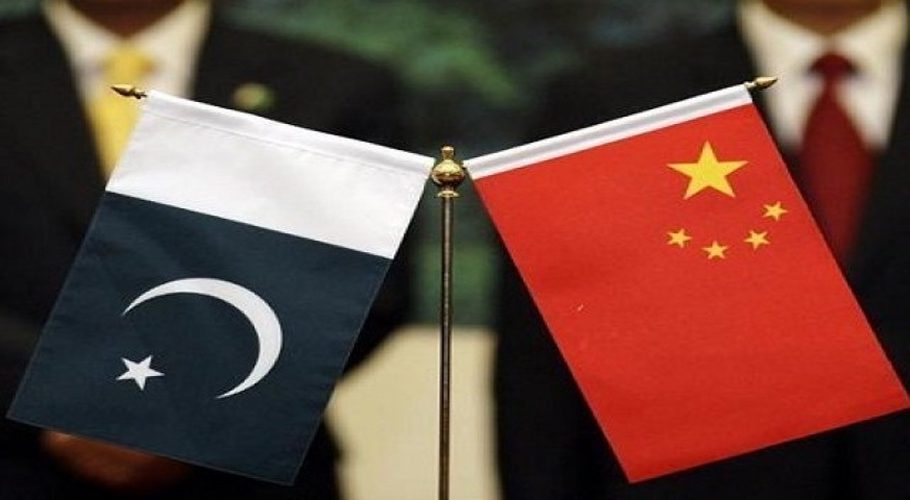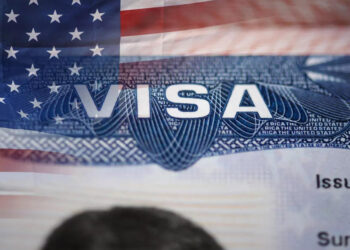LONDON: The United Kingdom and Schengen countries have collectively amassed millions of pounds and euros in fees from rejected visa applications originating from Pakistan, according to recent research.
A study by Lago Collective, a group of researchers, policymakers, and designers, revealed that Pakistanis spent £5.3 million on rejected UK visa applications, with nearly 40% of applications being denied in 2023.
Similarly, around 50% of Schengen visa applications from Pakistan were rejected in the same year, resulting in €3.344 million spent on these applications.
The report’s data indicates that out of 138,152 visa applications from Pakistan in 2023, 52,927 were rejected, while 62% of applicants successfully obtained visas.
The EUobserver highlighted that EU governments earn €130 million annually from fees for rejected visa applications, termed ‘reverse remittances’. The analysis pointed out that the cost of Schengen visa rejections in 2023 alone was €130 million.
Morocco and Algeria were noted as the largest sources of visa applications to the EU. The data also revealed that rejection rates for short-term visitor visas to Europe and the UK are significantly higher for low and middle-income countries. African nations, in particular, face high rejection rates, with Ghana, Senegal, and Nigeria experiencing rejection rates of 40-50%.
The analysis further noted that the application fee for short-term Schengen visas is €80, while for UK visas, it is £100. Countries with high rejection rates for UK visas include Nigeria, Pakistan, Bangladesh, and Algeria, incurring substantial costs (£5.8 million, £5.3 million, £2.3 million, and £3.6 million, respectively).
Conversely, the Schengen visa approval rate for India remained high at approximately 85%. For Pakistan, the approval rate stood at 50.46%, while the rejection rate for Iraq was noted at 35.23%.


































